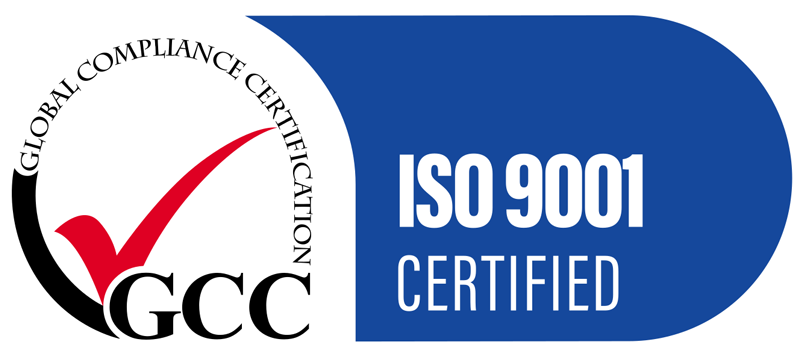Latest News
From company announcements and case studies, to important news from the steel and metal processing sector. Enjoy reading the latest news from ShapeCUT.
From company announcements and case studies, to important news from the steel and metal processing sector. Enjoy reading the latest news from ShapeCUT.
We ensure a fast, exact and economical steel solution for our clients. Call our team today to discuss your steel cutting and metal processing requirements.
121 Mica Street, Carole Park,
QLD, 4300, AUSTRALIA
Freecall: 1800 SHAPECUT (1800 742 732)
Telephone: (07) 3271 5600
Facsimile: (07) 3271 5454
Email: sales@shapecut.com.au

©2025 ShapeCut | Website design Brisbane by iFactory | Privacy Policy | Search | Sitemap